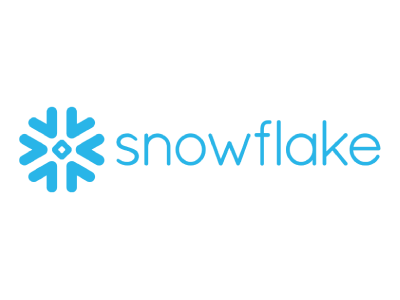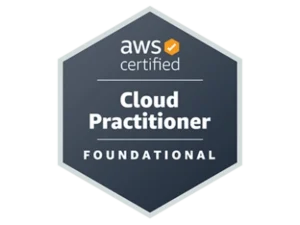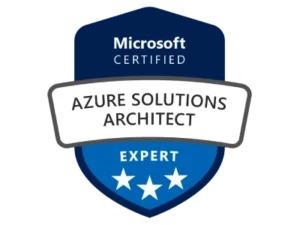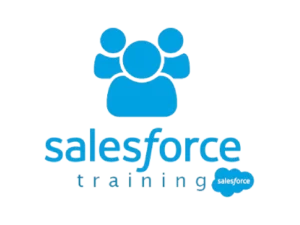Snowflake Certification Course
Snowflake architecture allows storage and computing to scale independently, allowing customers to use and pay for storage and computation separately. It empowers faster and more user-friendly data storage, processing, and analytic solutions and encourages users to optimize their data and manage their infrastructure.
Overview
You may become an expert in cloud data warehousing by taking the Snowflake certification training course. Snowflake will allow you to load and transform data, scale virtual warehouses for concurrency and performance, share data, and work with semi-structured data. A comprehensive understanding of query constructions, DDL and DML operations, account management and monitoring, and Snowflake’s ongoing data security techniques will also be imparted to you.
What you will learn in Snowflake Certification Course?
- Understand data warehousing concepts
- Implement data warehousing solution on Snowflake
- Install & configure Snowflake CLI
- Create databases, schemas & tables
- Create virtual data warehouses on Snowflake
- Load & transform data in Snowflake
- Scale virtual warehouses for performance and concurrency
- Share data with different stakeholders
- Work with Semi-Structured Data
- Work with Query constructs
- Perform DDL & DML Operations
- Manage and monitor Snowflake Accounts
Who Should Attend Snowflake Certification Course?
- Data Analysts
- Data Engineers
- Database Administrators
- Business Intelligence Professionals
- IT Managers
- Cloud Solution Architects
- Data Science Enthusiasts
- SQL Developers
Our Package
- What is Datawarehouse
- Limitations of Traditional data warehouses
- Evolution of Data warehouses
- Advantages of Cloud over On-Prem
- Create Snowflake trial account
- Snowflake Editions
- Overview of Key Features
- Snowflake CLI installation & Configuration
- Different Roles in Snowflake
- Explore – Databases, Schemas and Tables
- Snowflake Architecture
- Snowflake Virtual warehouses overview
- Web Interface
- Virtual Warehouses
- Databases, Tables & Views
- Queries
- Date & Time Data
- Semi-structured Data
- Micro partitions in Snowflake
- Advantages of Micro-Partitioning
- Structure of Micro-Partition
- Query Processing in Snowflake
- Clustering Introduction
- How clustering works & It’s advantages
- how to Choose the right keys for clustering
- Performance tuning
- Permanent table and fail-safe
- Transient table
- Temporary table
- Transient database in snowflake
- Snowflake Continuous stream data integrations
- Streams, Tasks & Snow pipe
- Lab – Streams & Tasks Lab & Exercises
- Introduction to Data Sharing
- Data Providers
- Data Consumers
- Working with Shares
- Using Secure Objects to Control Data Access
- Tasks Intro
- Demo
- SF task Dependency
- Dependency demo
• Monitoring Credit and Storage Usage
• Resource Monitors
• User Management
- Roles and Privileges
- Data Security in Snowflake
- Snowflake as DaaS
- Snowflake Vs Redshift Vs Bigquery
- Snowflake Certification
- Upcoming features in Snowflake
- Final Project Overview
Upcoming Batch
April 20th (Weekends)
FRI & SAT (4 Weeks)
08:30 PM to 01:00 AM (CDT)
April 18th (Weekdays)
MON – FRI (18 Days)
10:00 AM to 12:00 PM (CDT)
Snowflake Certification Course FAQs
Snowflake training is designed to help you understand how to use Snowflake to build, deploy, manage & maintain a data warehouse on top of the cloud. You will be able to load & transform data in Snowflake, scale virtual warehouses for performance and concurrency, share data and work with Semi-Structured Data. You will also gain a thorough knowledge of Query constructs, DDL & DML Operations, managing and monitoring Snowflake Accounts, and Snowflake’s Continuous Data Protection methods.
This Snowflake Certification Training can be taken by anyone who understands the importance of data warehousing & wants to learn the art of building data warehousing on top of the cloud. Besides this, anyone who wants to master Snowflake & clear the Snowflake certification exam can take this course.
There are no such prerequisites for our Snowflake Certification Training. However, prior knowledge of Datawarehousing will be helpful but is not at all mandatory.
There is no such skill-set required to master Snowflake. Having a basic knowledge of Data Warehousing will be an add-on when you learn Snowflake.
If you have good expertise in Data Warehousing & Snowflake, then you can expect career growth as a data analyst, database administrator & data architect, ETL Developer and Datawarehouse Engineers.
The system requirement for this course is a system with an Intel i3 processor or above, a minimum of 3GB RAM (4GB recommended), and an operating system that can be 32 bit or 64 bit. In addition, you require a browser to access the Snowflake platform.








Reviews
There are no reviews yet.